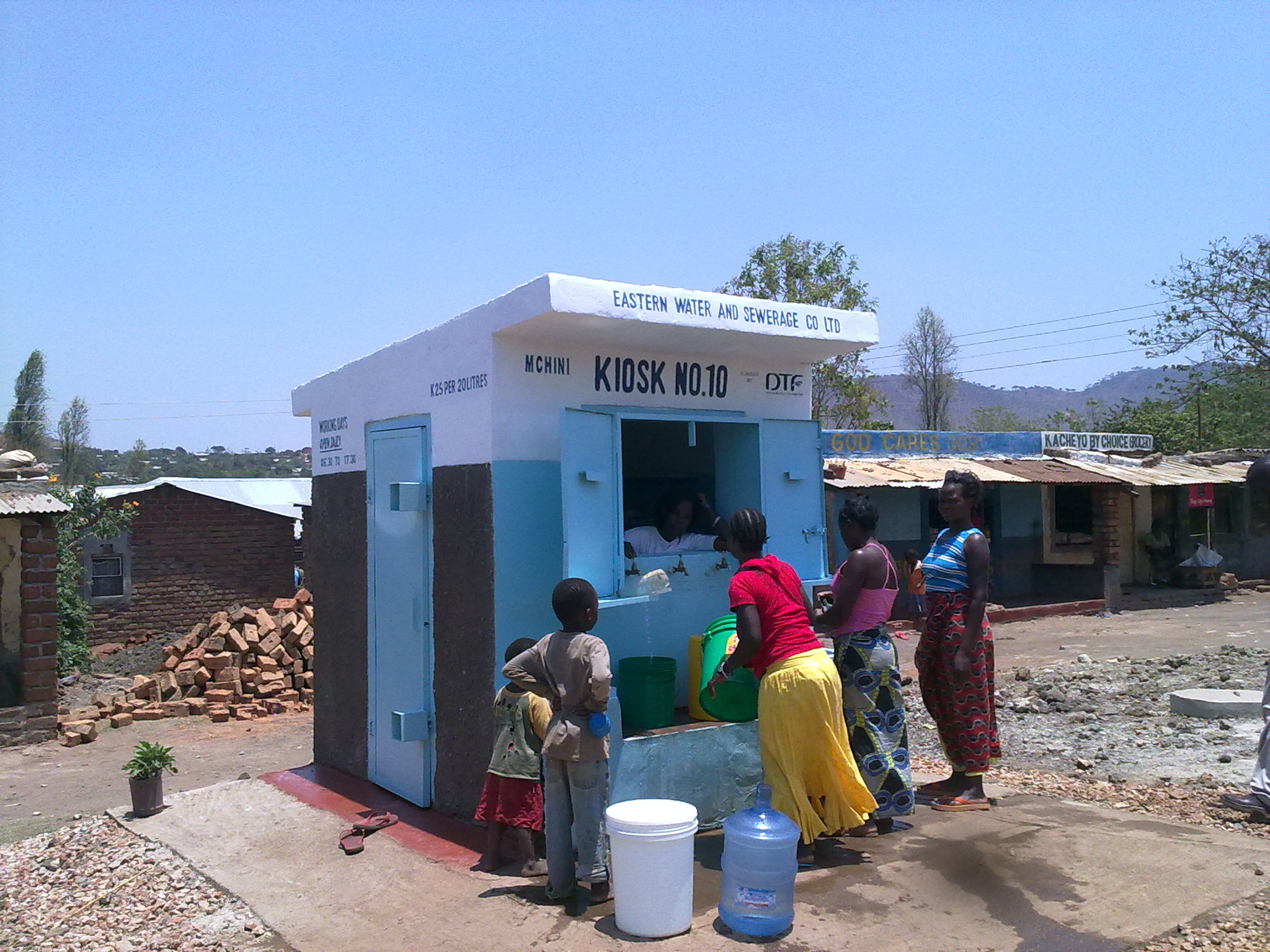Government Grants
Business Grants
Home Owner Programs
Federal Programs
About Us
Leaders for Democracy Fellowship II
The Office of the Middle East Partnership Initiative (NEA/PI) announces a request for applications (RFA) to advance political change and empower civil society in the Middle East and North Africa by providing emerging democracy activists with academic and skill-based training, as well as linkages with
other activists across the region.
With this announcement, NEA/PI seeks to expand its Leaders for Democracy Fellowship (LDF) project and continue support for cadres of professionals who have both a familiarity with the theoretical elements of democratic governance and systems as well as practical experience.
In the past, LDF has facilitated networking of like-minded democracy, civil society, and human rights activist region-wide.Interested applicants are encouraged to read this entire RFA as well as the attached full project guidance before submitting an application.
Applicants may apply to host the U.S.-based project only, the Middle East and North Africa-based project only, or present a joint application which addresses both components.
LDF II U. S. Component:This project will provide one cohort of 20-25 mid-career democratic reform leaders between the ages of 25 and 40, from across the Middle East and North Africa, the opportunity to complete both academic coursework and a skill-building internship in a field of their choice at a college-level American public policy school.
Applicants to this project must:
1) incorporate an academic component that supports the goals of the program at large; 2) identify, place, and monitor internships for each program participant; and 3) plan and execute all pre-project preparation, support administration, and alumni activities.
Alumni responsibilities include but are not limited to networking new alumni with graduates of the first four cohorts (trained 2007-2010) with innovative virtual and in-person communication and meetings.LDF II Middle East and North Africa (MENA) Component:This project will provide one cohort of 15-20 aspiring or emerging democratic reform leaders between the ages of 22 and 30, with training similar to the U. S. component but designed for participants with little or no experience in theoretical or practical comparative democratization.
All aspects of the MENA component will be conducted in Arabic.
Junior activists will train at a public policy host institution in the Middle East and North Africa and intern with organizations, ideally under the tutelage of more senior LDF alumni.
Applicants to implement this component of the project must:
1) design an academic component that supports the goals of the program at large and is tailored to the needs and level of the participants; 2) identify, place, and monitor internships for each program participant; and 3) plan and execute all pre-project preparation, support administration, and alumni activities.
With this announcement, NEA/PI seeks to expand its Leaders for Democracy Fellowship (LDF) project and continue support for cadres of professionals who have both a familiarity with the theoretical elements of democratic governance and systems as well as practical experience.
In the past, LDF has facilitated networking of like-minded democracy, civil society, and human rights activist region-wide.Interested applicants are encouraged to read this entire RFA as well as the attached full project guidance before submitting an application.
Applicants may apply to host the U.S.-based project only, the Middle East and North Africa-based project only, or present a joint application which addresses both components.
LDF II U. S. Component:This project will provide one cohort of 20-25 mid-career democratic reform leaders between the ages of 25 and 40, from across the Middle East and North Africa, the opportunity to complete both academic coursework and a skill-building internship in a field of their choice at a college-level American public policy school.
Applicants to this project must:
1) incorporate an academic component that supports the goals of the program at large; 2) identify, place, and monitor internships for each program participant; and 3) plan and execute all pre-project preparation, support administration, and alumni activities.
Alumni responsibilities include but are not limited to networking new alumni with graduates of the first four cohorts (trained 2007-2010) with innovative virtual and in-person communication and meetings.LDF II Middle East and North Africa (MENA) Component:This project will provide one cohort of 15-20 aspiring or emerging democratic reform leaders between the ages of 22 and 30, with training similar to the U. S. component but designed for participants with little or no experience in theoretical or practical comparative democratization.
All aspects of the MENA component will be conducted in Arabic.
Junior activists will train at a public policy host institution in the Middle East and North Africa and intern with organizations, ideally under the tutelage of more senior LDF alumni.
Applicants to implement this component of the project must:
1) design an academic component that supports the goals of the program at large and is tailored to the needs and level of the participants; 2) identify, place, and monitor internships for each program participant; and 3) plan and execute all pre-project preparation, support administration, and alumni activities.
Relevant Nonprofit Program Categories
Obtain Full Opportunity Text:
Full Announcement & Guidance Link
Additional Information of Eligibility:
Eligible applicants to LDF IIU. S. component are accredited institutes of higher education that have schools of public policy.
Eligible applicants to the LDF IIMENA component are accredited public policy institutions in the Middle East and North Africa.
Full Opportunity Web Address:
http://mepi.state.gov/opportunities/index.htm
Contact:
Jessica BakerQuality Support, Inc .ContractorPhone 202-776-8524
Agency Email Description:
RFA Point of Contact
Agency Email:
nea-grants@state.gov
Date Posted:
2010-06-18
Application Due Date:
2010-07-30
Archive Date:
2010-08-29
Social Entrepreneurship
Spotlight
Social Enterprise Piles Textbooks for Change

Textbooks for Change, a London-based social enterprise that has obtained the B Corporation seal for positive social and environmental impact, is seeking investors that would be helping the company expand.

